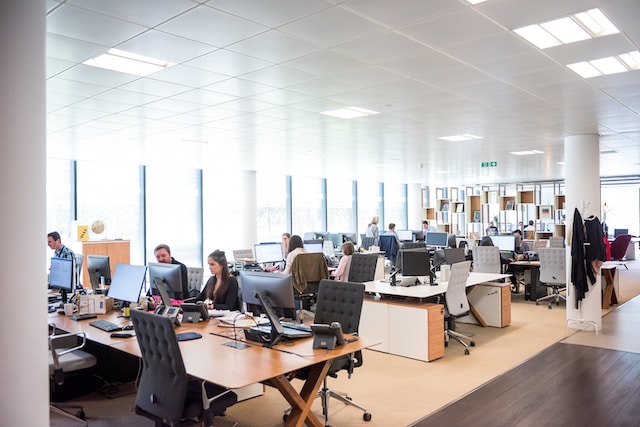By Grant Gryska, Co-Founder and Director of Markets at Allocation.Space
The space economy continues to expand rapidly, crossing $500bn in revenue in 2022, 78% of which came from the commercial sector[1]. Major developments like the successful test launch of SpaceX’s massive Starship are set to radically change the cost of getting mass to orbit, unlocking new possibilities for business in space.
This growing market presents outsized opportunities for investors, insurers, and businesses. But, as enterprises extend their reach beyond Earth’s atmosphere, risk management tools must evolve to meet the new and unique challenges they face. A new generation of derivative instruments is emerging to support the commercial space sector while complementing traditional insurance models.
A Paradigm Shift in Risk Management
Traditionally, space ventures were funded by governments and international space agencies — institutions that were able to absorb risk and ignore bottom-line concerns. The arrival of private space companies such as SpaceX, Vast, and Blue Origin represents a material shift in the trajectory of commercial space. National interest is no longer enough; space ventures must also turn a profit, which means managing risk. These enterprises are pushing the boundaries of what is possible, requiring a comparable evolution in financial tools to support their endeavors.

We’re now seeing a new generation of companies building platforms to host derivatives that enable enhanced risk management for the space industry. By hosting these products on a Swap Execution Facility (SEF), the aim is to bring pricing transparency and efficiency to the sector via a centralized venue. Unlike traditional insurance, which often relies on predefined policies and premiums designed to mitigate specific critical loss, swap contracts do not require proof of any actual loss or attribution, broadening the universe of potential participants in this growing market.
Derivative Instruments for Commercial Space
Derivative instruments tailored for the commercial space sector will help mitigate risks and enhance financial flexibility as the barriers to entry come down and competition increases.
- Space Weather Derivatives (SWDs): With satellite anomalies demonstrating a 74% correlation[2] with geomagnetic disturbances caused by the solar wind, these products will become invaluable in managing revenue loss due to these disruptions. SWDs will ensure a smoother execution of space missions and terrestrial applications such as power grid management.
- Space Derivative Contracts (SDCs): SDCs allow investors and companies to hedge against price fluctuations in space-related assets. Whether it’s fuel, space-based resources, or payload rate indexes across launch platforms and locations, these products provide a means to lock in prices, offering stability in an otherwise volatile market.
- Space Options (SOs): Like traditional financial options, SOs provide the right, but not the obligation, to buy or sell a space asset at a predetermined price and time. This allows investors to capitalize on favorable market conditions while limiting downside risk.
- Space Risk Swaps (SRS): SRSs enable entities to exchange or transfer specific risks associated with space activities. For instance, a satellite operator concerned about launch delay or orbital debris may enter an SRS with a risk-taking party, effectively transferring the risk to them. These products diversify risk and encourage collaboration among industry players providing complementary services like debris mitigation.
Complementing Traditional Insurance: Bridging the Coverage Gap
While traditional insurance remains a fundamental component of risk management, derivative instruments offer a more nuanced approach targeting the risks to revenue. These products provide a level of risk granularity that traditional insurance may lack or be unable to cover economically, which has left 99% of LEO (Low Earth Orbit), and 73% of MEO (Medium Earth Orbit) and GEO (Geostationary Orbit) satellites uninsured on orbit as of 2022[3]. This is crucial in an industry where risks to launch platforms, satellite technologies, and commercial objectives can be highly specific and variable.
The Future of Space and Derivative Instruments
There’s a growing cluster of companies looking to transform the financial products and venues supporting the commercialization of space. The derivative instruments being developed with the help of space industry players will provide a forward-looking and adaptive approach to risk management for space, complementing traditional insurance models.
As the commercial space sector continues its trajectory beyond Earth, these innovative financial tools will play a pivotal role in ensuring a robust and resilient financial ecosystem for companies participating in the space economy.
[1] https://www.spacefoundation.org/2023/07/25/the-space-report-2023-q2/
[2] Choi, H. S., J. Lee, K. S. Cho, Y. S. Kwak et al., 2011, Analysis of GEO spacecraft
anomalies: Space Weather relationships, Space Weather, 9, S06001.
[3] https://spacenews.com/connecting-the-dots-space-insurers-toast-another-profitable-year







